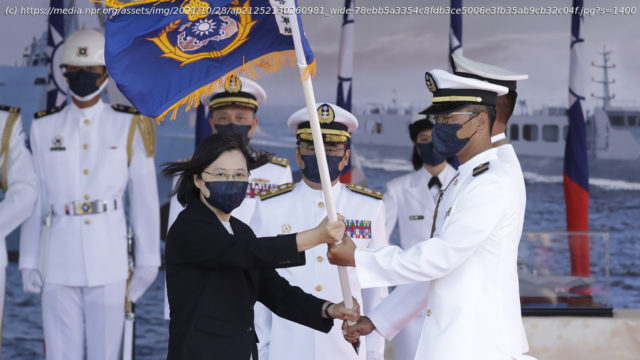This week, Secretary of State Antony Blinken called on countries to support Taiwan’s participation in the United Nations. The self-governed island has not …
This week, Secretary of State Antony Blinken called on countries to support Taiwan’s participation in the United Nations. The self-governed island has not been a member of the body since October 1971, when the U.N. gave Beijing a seat at the table and removed Taiwan. „Taiwan’s meaningful participation in the UN system is not a political issue, but a pragmatic one,“ Blinken said, citing its democracy, transparency, respect for human rights and the rule of law, and importance to the global high-tech economy. Chinese Foreign Ministry spokesman Zhao Lijian begged to differ. He said Blinken’s comments “ seriously violate “ the agreements that underpin China-U.S. relations and America’s own commitments. The to-and-fro is the latest in a string of episodes of U.S.-China tensions that have cast a spotlight on America’s Taiwan policy. Just last week, during a CNN „town hall,“ President Biden touched upon the most sensitive of all related issues, saying unequivocally that America would leap into action if China attacked Taiwan. Here’s the transcript from the White House: The White House later clarified: „The president was not announcing any change in our policy and there is no change in our policy.“ Then on Tuesday, Taiwan’s President Tsai Ing-wen said in a CNN interview she has „faith“ that the U.S. would, in fact, defend Taiwan if the Chinese government made a move. So what, exactly, is U.S. policy toward Taiwan? For 30 years after the Communist Party seized power in mainland China after a civil war with its rival Nationalist Party, Washington did not recognize it as the rightful government of China. Instead, the U.S. had an embassy in Taipei, where the remnants of the Nationalist-run Republic of China (ROC) had set up shop after fleeing to Taiwan in 1949.
Start
United States
USA — Political Would the U.S. defend Taiwan if China invades? Biden said yes. But...






